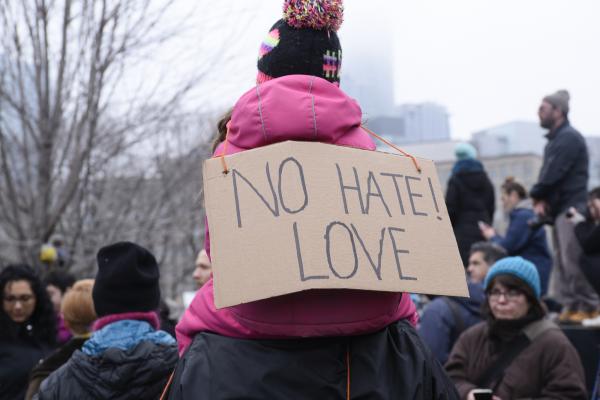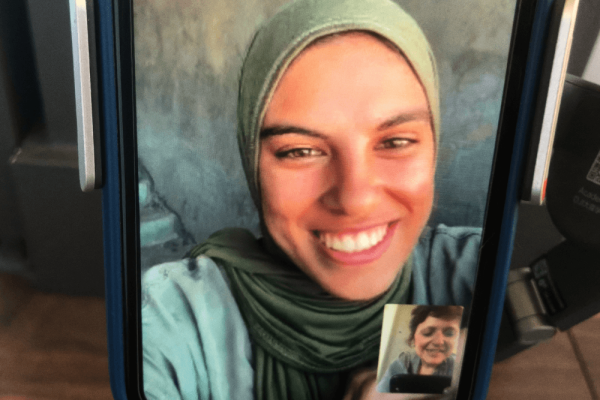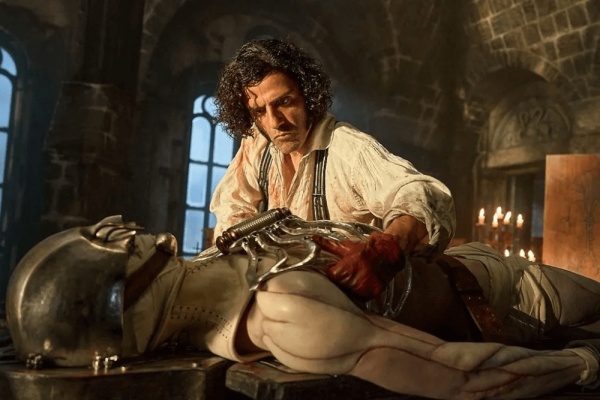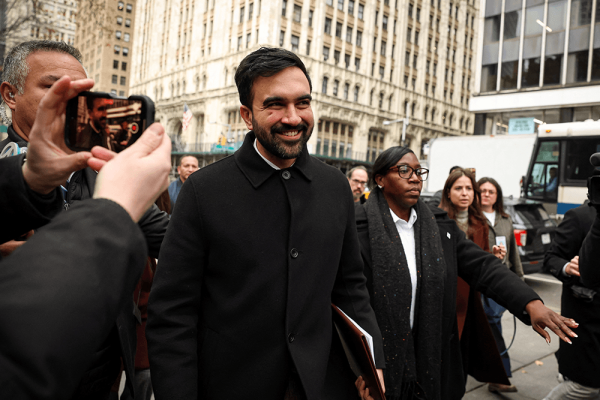Gospel music artist Kirk Franklin tweeted about August: “The month started with Americans showing hate…The month ended with Americans showing love. Please America.” As followers of Jesus and committed bridge builders, we echo Franklin’s plea. Please America! Do not revert back from unbelievable acts of love shown throughout Hurricane Harvey-ravaged Houston, to the hate-filled spirit of violence in Charlottesville.
Over four days, America and the world witnessed the horror of Houston and nearby regions, flooded with over 51 inches of rainfall. More than 30,000 were displaced, 17,000 rescued, more than 66 died, economic losses were estimated at $190 billion, and large portions of devastated homeowners were uninsured. Yet the power of God’s unconditional love was undeniably evident as people of diverse races and backgrounds risked their lives to save, comfort, and shelter one another.
No citizen who voluntarily used his or her own boat first asked the race or religion of the person they rescued. Blacks, Whites, Latinos, Asians, Jews, Muslims, Christians, and people of every social background endangered their lives without a moment’s hesitation to rescue whomever needed to be saved. As the painfully long and costly restoration begins, Americans are asking the obvious question: How does a racially divided nation sustain the unbelievably loving spirit demonstrated through Hurricane Harvey? Does America have to be hit in the gut with a catastrophic disaster like 9/11, Hurricane Sandy, Hurricane Harvey, or, more recently, Hurricane Irma, for love to unconditionally surpass hate?
Remembering the supernatural love witnessed this August in Houston makes it hard to recall the racial ugliness in Charlottesville earlier in the month. In mid-August, members of the KKK, white supremacists, neo-Nazis, and "alt-right" members boldly paraded through the campus of the University of Virginia. Seeking to inspire fear, they marched at night with lit torches, shouting anti-Semitic and anti-black slogans, many openly carrying assault rifles that are legal in Virginia. The next day, a white nationalist rally protested the removal of Confederate General Robert E. Lee’s statue. They were opposed by peaceful protesters, mixed with anti-racism protesters who were confronting the nationalists. In the wake, one woman, Heather Heyer, was killed and dozens injured when a car driven by a young man identified as a white nationalist plowed at high speed into the crowd of anti- racism protesters. In the immediate aftermath, many were predicting the outbreak of race riots across America.
While most Americans denounced the white nationalists and the president’s response as a national abnormality, our nation has a long history of racial discrimination, tensions, and violence. In fact, since the 2016 election, the Southern Poverty Law Center reported over 1,000 acts of hate and hate crimes aimed at African-Americans, immigrants, Muslims, and Jews. Sadly, many of these hate crimes took place in schools and colleges. To be sure, much progress has been made in America, especially in race relations, over the past two decades. Yet Charlottesville unleashed unprecedented national dialogues over the removal of Confederate statues, slavery, and the Civil War, without any real discourse on racial healing.
For many older black Americans, it stoked fears as they remembered a time when it was literally unsafe for black people to walk the streets without facing racial indignities. Holocaust survivors also reflected on the painful reminder of a time they believed has long passed. Even whites who agree with justice for all and fight against injustice like Heather Heyer find themselves in harm’s way. A racist motorist snuffed out her life. Too few cross-racial and religious dialogues have taken place since Charlottesville to address systemic racism and religious bigotry to move our nation from hate to love. No one is safe when hate rises. Only love can drive out hate.
With the return of Congress for the fall session, the debate will turn to such racially charged issues as immigration, the possibility of deporting 800,000 “Dreamers” (undocumented young people who were brought to America as children), and voter suppression. Given America’s racial history, before Harvey becomes a distant memory, we again raise the critical question. How can Houston’s spirit of unconditional love and acceptance of neighbors across racial and religious lines be sustained by each of us once the recovery occurs?
Consider the following practical applications of how we can work together with a spirit of love.
1. Reach out to help others in need as a normal part of your life and not just in times of crisis.
Keep the picture in your mind of how great you felt witnessing the beauty of unconditional love and care expressed across racial, cultural and other barriers during Hurricane Harvey. Let’s encourage reaching out to those in need to become our new normal, without a crisis at hand.
2. Reject hate whenever it rears its ugly head, in order that indifference and alienation are starved of oxygen and moral equivocation.
Even though there are many different views and perspectives, choose not to demonize, and instead accept the love and care you witnessed as inspired by God.
3. In your personal and work life, consciously practice treating and speaking to others as you wish to be treated and spoken to.
Until it becomes a habit.
4. Ask yourself what you can personally do to build bridges of friendship with those outside of your comfort zone.
Who do you invite from your job, for example, from outside of your comfort zone, to social gatherings, or to your house of worship, simply to get to know them as people, and learn from them?
5. Make sure your children, grandchildren, or young people in your care are exposed to children and young people of other cultures.
Purposely expose them to books, videos, and other cultural events so they view and value those who are different from them.
6. Be willing to participate in, and even lead, honest discussions on race, ethnic, and religious tensions in this country...
...toward changing the attitudes and actions of all.
Got something to say about what you're reading? We value your feedback!








